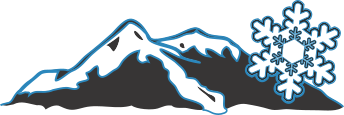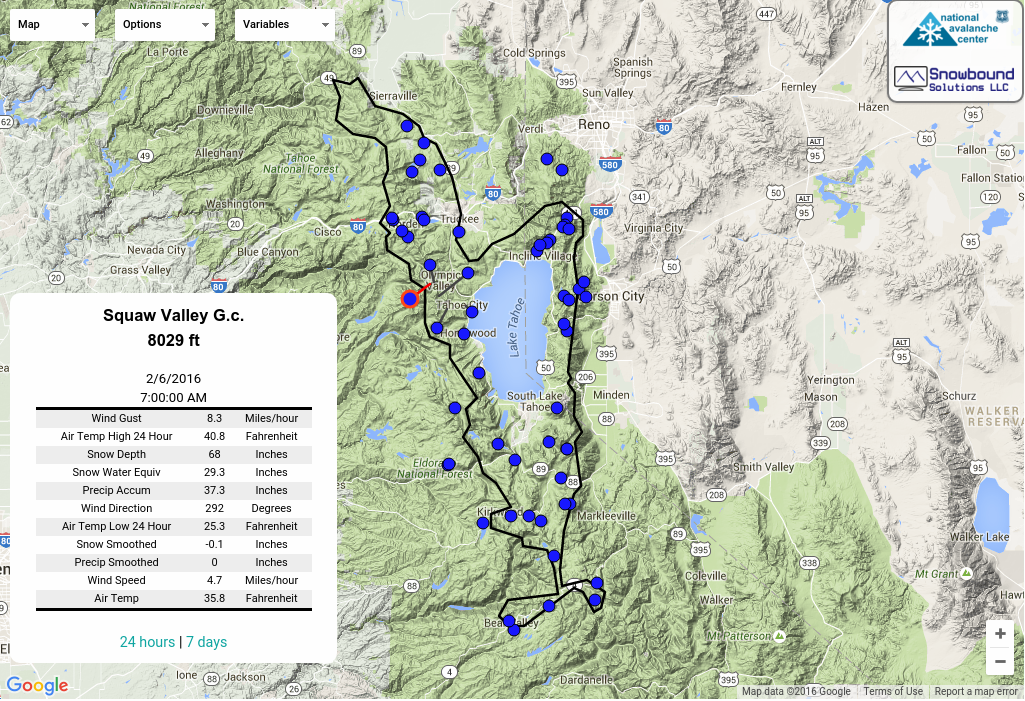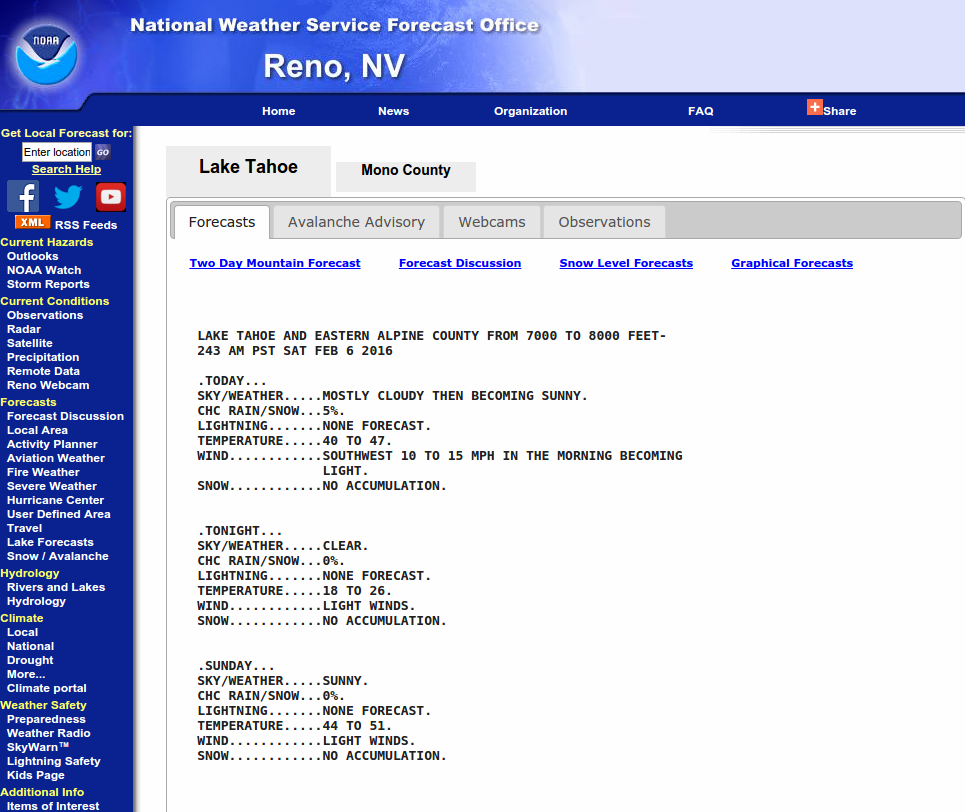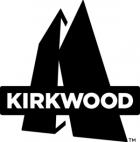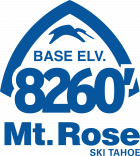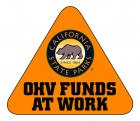
This Avalanche Advisory was published on February 26, 2009:

|
February 26, 2009 at 7:58 am |
|
Near and above treeline, avalanche danger is MODERATE on N-NE aspects, 35 degrees and steeper. Pockets of MODERATE danger also exist on adjacent aspects, 35 degrees and steeper. Below treeline, avalanche danger is MODERATE on N-NE aspects, 35 degrees and steeper between 7,400' and 8,700'. |
|
|
|
Forecast Discussion:
The forecast area is in between a low pressure system to the north and a high pressure system to the south. This will create strong winds with only a few inches of snow expected to accumulate today. Last night, the forecast area received 1 to 4 inches of new snow. The greatest accumulations will occur today along the Sierra Crest. Ridgetop winds are strong this morning out of the southwest to west and are expected to remain strong through this evening. Air temperatures at most locations are in the 20s this morning and are expected to reach the mid 20s to low 30s today.
No new avalanche activity has been reported from the backcountry in the past 48 hours. Yesterday, observations made on Tamarack Peak (Mount Rose area) indicated that recent avalanche activity in that area had failed within the recent storm snow. Stability tests were performed at 9,300' on a NNE aspect, 25 degree slope adjacent to a steeper section of slope where a natural avalanche occurred during the early morning hours of February 24. The stability tests indicated that the weak layer within the recent storm snow had gained strength. Stability tests were unable to replicate snowpack failure on the same layer as the adjacent bed surface. Recent observations from along the Sierra Crest continue to indicate the presence of a persistent weak layer of faceted snow crystals on top of the January 22-23 rain crust. This layer is found along the Sierra Crest on N-NE aspects between 7,400 and 8,700'.
Today, two main avalanche concerns exist. This first is continued deep slab instability associated with the crust / facet layer located 3 to 8 feet deep within the snowpack at the January 22-23 rain crust. Failure of this layer is most likely to occur near the Sierra Crest in complex terrain on steep N-NE aspects between 7,400' and 8,700'. Becoming caught in an avalanche that fails this deep within the snowpack will continue to have severe consequences.
The second avalanche concern is hard slabs that have formed from blowing snow and small amounts of new snow from the past 36 hours. These slabs will be found near and above treeline on NW-N-NE-E-SE aspects. Human triggered avalanches involving this weak layer within the upper portion of the snowpack may be large enough to bury a person and have increased destructive potential for their relative size due to hard slab characteristics.
The bottom line:
Near and above treeline, avalanche danger is MODERATE on N-NE aspects, 35 degrees and steeper. Pockets of MODERATE danger also exist on adjacent aspects, 35 degrees and steeper. Below treeline, avalanche danger is MODERATE on N-NE aspects, 35 degrees and steeper between 7,400' and 8,700'.
Weather Observations from along the Sierra Crest between 8200 ft and 8800 ft:
| 0600 temperature: | 22 to 25 deg. F. |
| Max. temperature in the last 24 hours: | 28 to 30 deg. F. |
| Average wind direction during the last 24 hours: | Southwest to west. |
| Average wind speed during the last 24 hours: | 55 mph |
| Maximum wind gust in the last 24 hours: | 77 mph |
| New snowfall in the last 24 hours: | 1 to 4 inches |
| Total snow depth: | 126 inches |
Two-Day Mountain Weather Forecast - Produced in partnership with the Reno NWS
For 7000-8000 ft: |
|||
| Thursday: | Thursday Night: | Friday: | |
| Weather: | Mostly cloudy skies with snow diminishing to light showers by 9am. | Mostly cloudy skies. | Mostly cloudy skies. |
| Temperatures: | 27 to 34 deg. F. | 14 to 21 deg. F. | 31 to 38 deg. F. |
| Wind direction: | SW | SW | SW |
| Wind speed: | 20 to 30 mph with gusts to 65 mph. | 20 to 30 mph with gusts to 45 mph in the evening. Gusts decreasing to 35 mph by midnight. | 10 to 20 mph with gusts to 35 mph in the morning. |
| Expected snowfall: | 1 to 2 in. | O in. | O in. |
For 8000-9000 ft: |
|||
| Thursday: | Thursday Night: | Friday: | |
| Weather: | Mostly cloudy skies with a chance of snow. | Mostly cloudy skies. | Mostly cloudy skies. |
| Temperatures: | 24 to 30 deg. F. | 18 to 24 deg. F. | 30 to 36 deg. F. |
| Wind direction: | SW | SW | SW |
| Wind speed: | 45 to 65 mph with gusts to 100 mph. | 40 to 60 mph with gusts to 80 mph. Winds decreasing to 30 to 40 mph with gusts to 60 mph by midnight. | 20 to 30 mph increasing to 30 to 45 mph in the afternoon. Gusts up to 65 mph. |
| Expected snowfall: | 1 to 3 in. | O in. | O in. |
